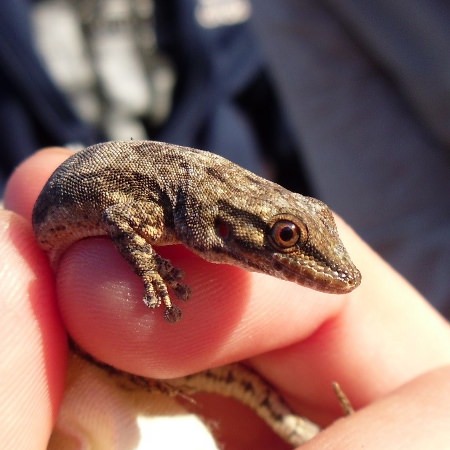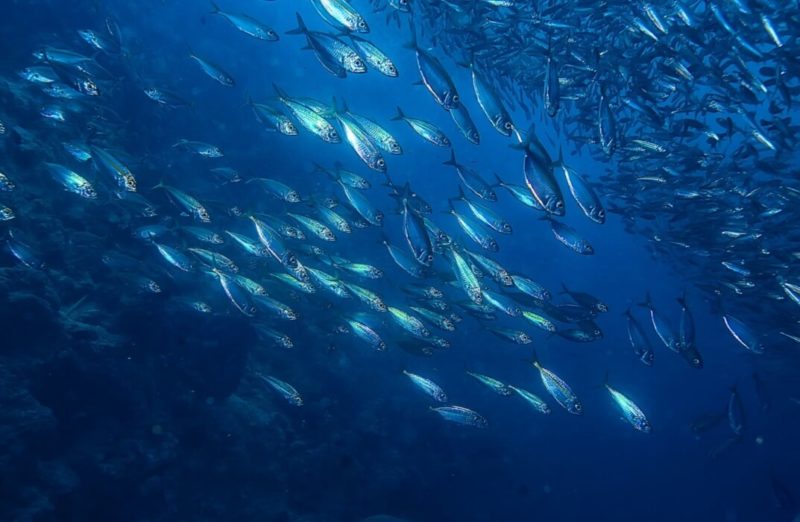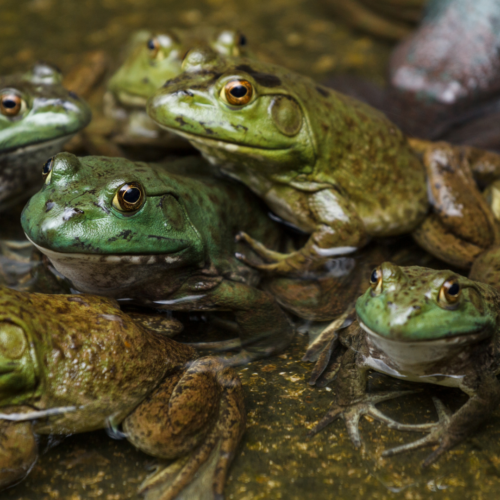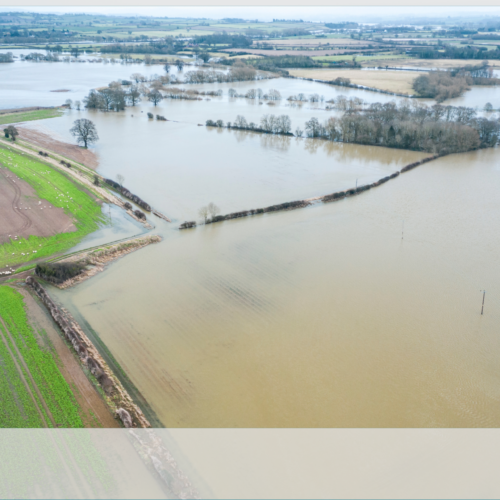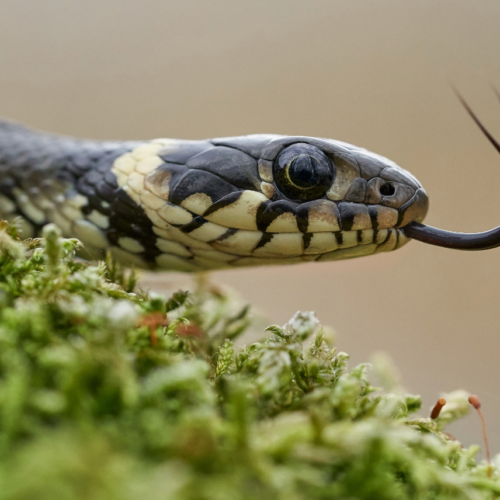Madagascar is a fascinating place due to the abundance of plants and animals that are found nowhere else on earth. Madagascar is the fourth largest island in the world and a mere 250 miles off the coast of mainland Africa. However, it remains a largely undiscovered corner of the continent.
A presentation on the ecology of the Mandrare Valley in Southern Madagascar, shedding light on the daily life on the island and its biodiversity, was given to Thomson Ecology staff by Gregory Surgenor-Aldridge, assistant ecologist at Thomson Ecology. He gained experience as a research assistant on an expedition to the dry forest in 2011.
Greg’s presentation stressed that keeping a journal whilst on an expedition is priceless. Otherwise, there are so many things that you may not remember, and little events can be important. For instance, how are you going to remember that 37 species of reptiles, 9 species of mammal and over 90 species of birds were seen on the expedition?
Greg informed us that survey methods in Madagascar have many similarities to methods used in the UK. However, the diversity of species is higher and more fascinating. Having said that, in Madagascar you can find anurans (frogs), but there are no newts, salamanders or caecilians.
The local people are integral to research due to their knowledge of the ecosystem and conservation. The mouse lemur monitoring project, Ifotaka North Project and Libanona Ecology Centre are three crucial sources of research and conservation in the south of the island.
Things of note from the expedition were: the kestrel (Falco newtoni) nesting in a tamarind tree above the village camp, a scops owl (Otus rutilus) that sounds like the rhythmic barking of a dog (believed by local people to be messengers of wizards), the day gecko (Phelsuma madagascariensis madagascariensis)
found in hotel bedrooms and a verreaux’s sifaka (Propithecus verreauxi) moving through trees near Mahavelo camp. Those are moments that one would not want to forget.
Image: Day gecko, by Gregory Surgenor-Aldridge
